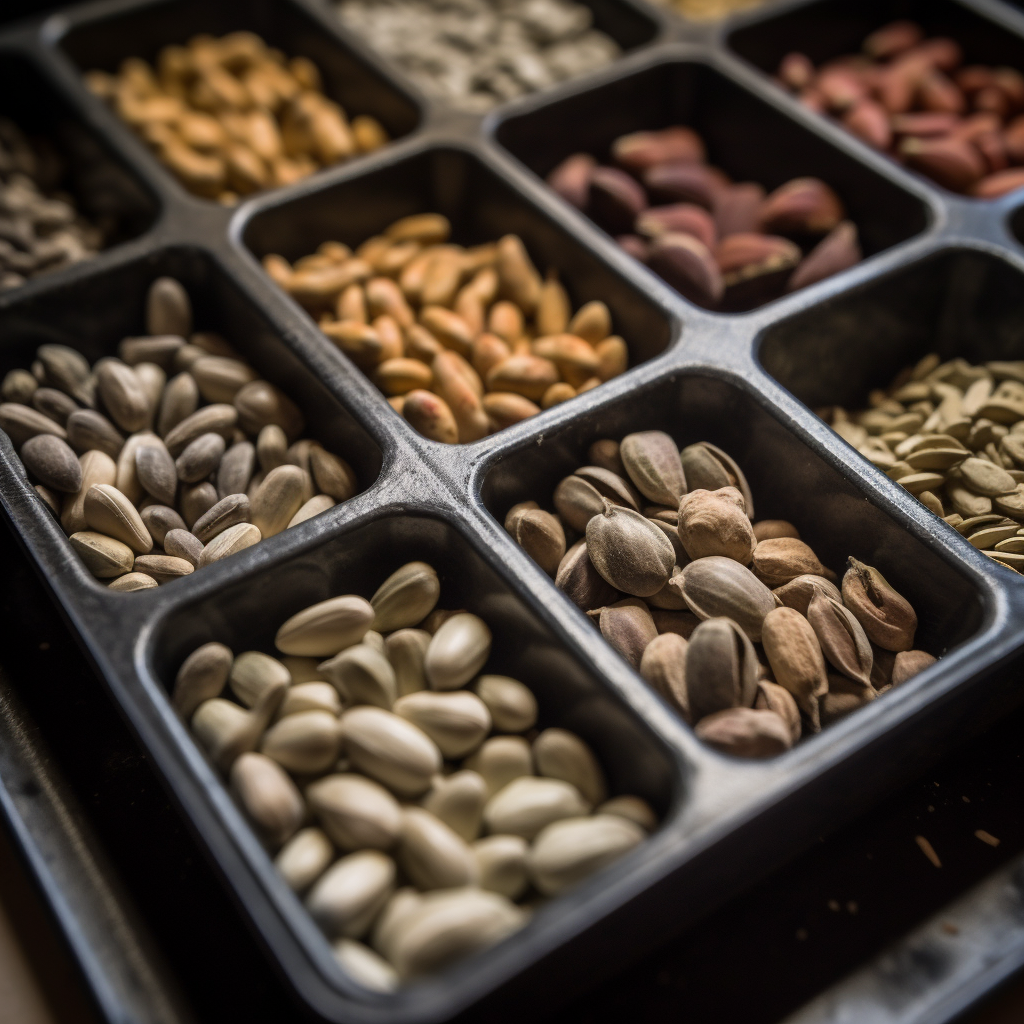November 15, 2023
Cultivating Resilient Seeds in Boulder
Book a Demo
The MASA Seed Foundation, located in Boulder, Colorado, is on a mission to grow organic seeds that can adapt to the ever-changing climates of the world. Working in collaboration with the Ecology and Evolutionary Biology Department at the University of Colorado Boulder, the foundation not only conducts research but also teaches sustainable agriculture, genetics, and plant biology.
One of the key focuses of MASA is to cultivate seeds that are specifically adapted to the unique local conditions in Boulder. These conditions include dry air, strong winds, high altitude, clay soil, and resistance to local insects and diseases. By developing seeds that can thrive under these challenging circumstances, MASA is contributing to the sustainability and resilience of agriculture in the region.
MASA recognizes the importance of community involvement and actively welcomes volunteers to assist with various tasks. These tasks range from seed cleaning and packing to planting, weeding, cultivating, harvesting, and even administrative duties. By engaging volunteers, MASA not only benefits from their valuable contributions but also helps to educate and raise awareness about sustainable farming practices.
In addition to their seed farming efforts, MASA organizes educational events such as farm dinners and tours. These events provide an opportunity for the community to learn more about the importance of organic farming and the impact it has on both the environment and human health. Furthermore, MASA operates a “farm-to-food bank” program, which aims to provide nutrition-rich food to low-income communities. By promoting access to healthy food options, MASA is actively addressing issues of food insecurity and supporting vulnerable populations.
The conservation of seeds is of utmost importance in the face of climate change. Different crop varieties must be preserved to develop crops with greater tolerance to changing environmental conditions. However, collecting, storing, and distributing tree seeds from wild species with sufficient genetic diversity poses significant challenges. Seed banks play a vital role in conserving genetic diversity and ensuring the availability of seeds for resilient food systems.
Despite the importance of seed banks, managing them can be challenging, particularly in regions with financial constraints, poor infrastructure, and inconsistent policies. In Africa, for example, seed banks face numerous obstacles in fulfilling their role effectively. However, the work of organizations like MASA and their collaboration with academic institutions can help address some of these challenges by promoting research, education, and community engagement.
The MASA Seed Foundation in Boulder is dedicated to the growth of organic seeds that can adapt to changing climates. Through collaboration with the University of Colorado Boulder, MASA conducts research, teaches sustainable agriculture, genetics, and plant biology. Their seeds are specifically adapted to the unique conditions in Boulder, and the foundation welcomes volunteers to assist with various tasks. MASA also organizes educational events and operates a “farm-to-food bank” program. The conservation of seeds is crucial for developing crops resilient to climate change, and seed banks play a vital role in ensuring genetic diversity. Despite challenges, organizations like MASA contribute to the sustainability of food systems through research, education, and community engagement.
Science4Data is committed to cut through greenwashing and measure real impact. Join the journey to a sustainable future. Your actions matter.



